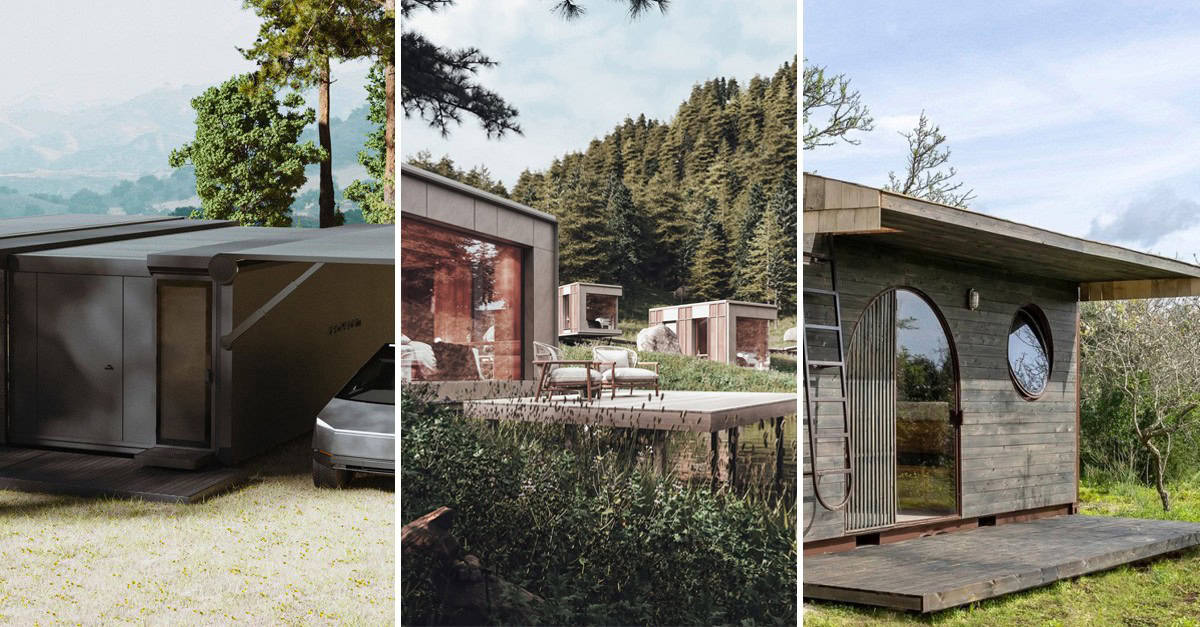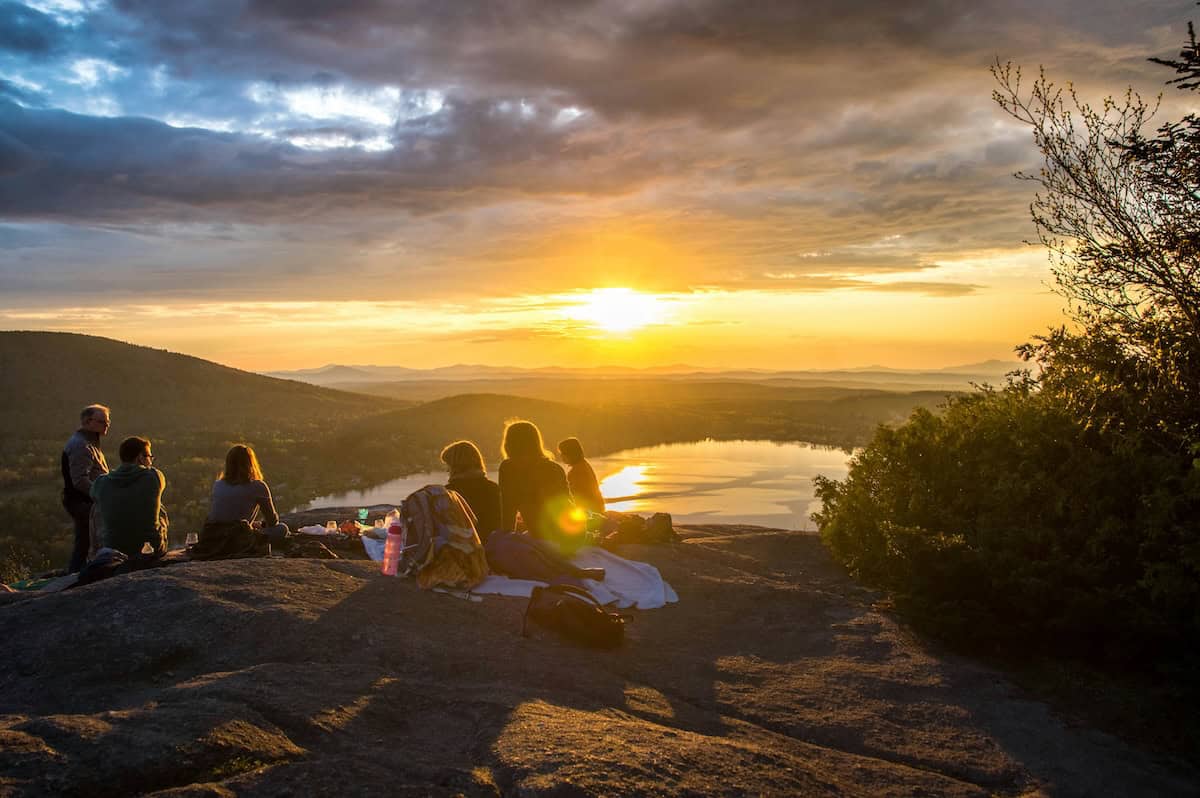It’s vacation time, a time to explore and take a break.
What if we told you there’s a way to turn a trip into a moment of physical and spiritual enrichment while also benefiting the environment?
Today we’re talking about ecotourism, a responsible travel approach that strikes a balance between the desire for discovery and environmental protection. How did it start, what benefits does it offer, and how can it become a practice that extends beyond vacations into daily life?
Get ready for an initial journey, through words, to plan your next sustainable nature-focused vacation.
What is Ecotourism? Definition and Historical Background
Let’s start with the basics. The definition of ecotourism provided by the International Ecotourism Society in 2015 is: “a responsible way of traveling to natural areas that conserves the environment, supports the well-being of local communities, and includes educational components” (Source: International Ecotourism Society).
But what does this really mean? Let’s break it down:A responsible way of traveling to natural areas: Ecotourism involves traveling within nature, choosing destinations characterized by natural settings or with a strong ecological focus. It’s also about ensuring that your visit does not harm the environment.Environmental conservation: Ecotourism emphasizes preserving the environment you visit by immersing yourself in natural landscapes, respecting local rules, and actively contributing to conservation.Supporting local communities: Ecotourism involves directly supporting local communities through actions like volunteering or economic contributions.Education and development: Ecotourism is about the future, growth, and protection. It’s a virtuous circle centered around the environment, fostering positive practices while enhancing knowledge and awareness of nature, promoting sustainable local development.
The term “ecotourism” (ecology + tourism) was first coined long before the current definition by Hector Ceballos-Lascurain, a Mexican architect and environmentalist, who in 1988 referred to ecotourism as simply “visiting and appreciating pristine environments.” Today, the definition has expanded to include the well-being of local populations and cultural development.
This broader perspective emerged to offer a more comprehensive view of the phenomenon and project it into the future. At its core, ecotourism seeks to protect the environment through respectful engagement and promoting its conservation to avoid resource depletion or exploitation.
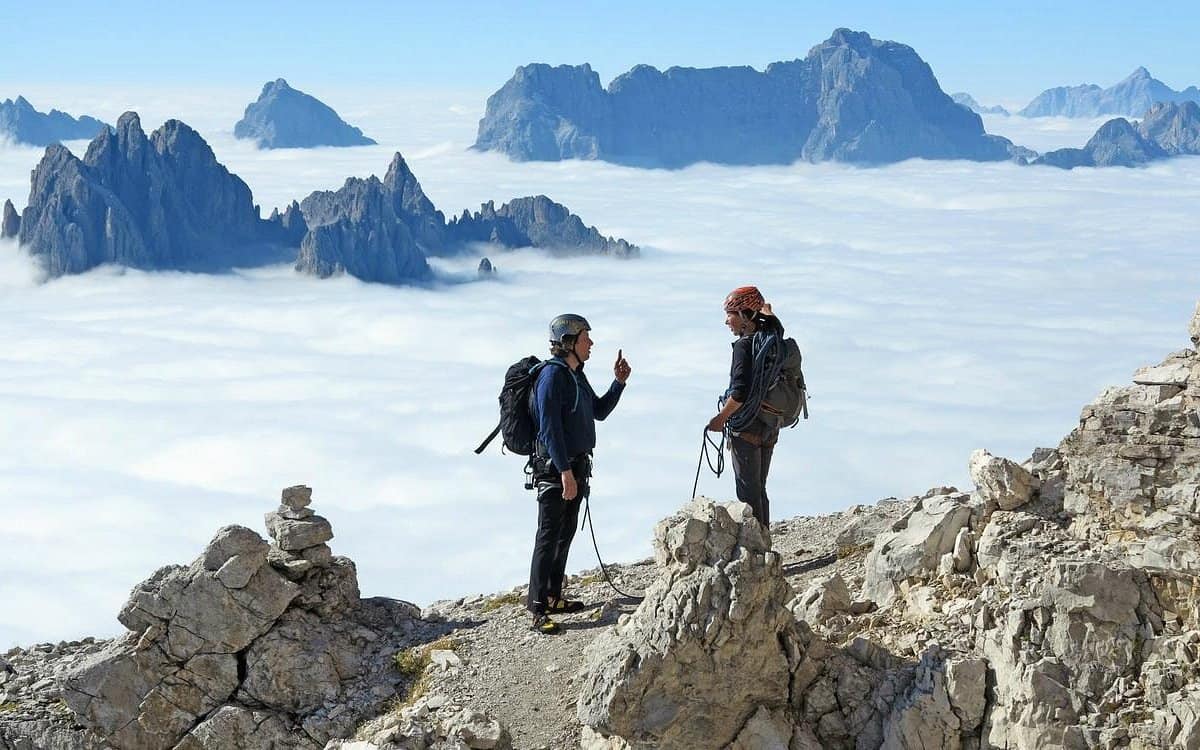
Difference Between Ecotourism and Sustainable Tourism
Often confused, ecotourism and sustainable tourism are two concepts that may seem similar at first glance but actually represent different approaches to travel and its relationship with nature.
Let’s look at the key differences:
The Underlying Philosophy
Ecotourism: Traveling in nature and actively supporting local communities through direct actions (like volunteering) or economic support (choosing local businesses for purchases or services).
Sustainable Tourism: Making travel less harmful to the environment by minimizing the impact of human presence, often involving compromises (like choosing lower-impact transportation options).
The Destinations
Ecotourism: Destinations with environmental and natural significance (such as reserves or parks), including developing countries.
Sustainable Tourism: Any type of destination, not exclusively natural, but also cultural or recreational.
Approach to On-site Activities
Ecotourism: Active involvement in local activities or seeking personal and social enrichment based on environmental respect and cultural appreciation.
Sustainable Tourism: Activities can vary but are always tied to environmental values, preservation, and protection.
Being an ecotourist and being a sustainable tourist are different. Both practices are valuable for the environment but lead to different impacts on chosen destinations and the environment as a whole.
Benefits of Ecotourism: Why Is It So Important?
Ecotourism offers many advantages, both for those who practice it and for society as a whole. We shouldn’t underestimate the impact that this choice, especially when embraced by many, can have on the well-being of those involved and the environment.
For Environmental Protection
The environment and nature are at the heart of ecotourism, so the most important benefit directly impacts them. This way of traveling doesn’t begin and end with a trip but leads to a paradigm shift in environmental protection and awareness.
This means that an experience immersed in nature, following its rules, makes us more aware and careful in our daily lives. The habits developed to respect the environment during vacations will naturally extend to day-to-day living.
How? By reducing waste, being mindful of your environmental impact, and making more conscious choices.
For Local Communities
In addition to the environment, another key aspect is the focus on local communities.
Promoting ecotourism can trigger a virtuous cycle, leading to more resources for development, greater cultural preservation, and mutual enrichment. Supporting communities, especially small or developing ones, means helping them grow and, in turn, enhancing the resources available for environmental conservation, benefiting everyone.
For Personal Well-being
Being an ecotourist means combining the enrichment of travel with a deeper awareness of the place you’re visiting and the certainty of contributing positively.
It’s undeniable how nature and contact with it benefit mental and physical well-being, from a sense of “recharge” to reducing stress levels.
For the Future
The final key point of ecotourism, which is inherently a benefit, is its future-oriented nature.
One of the driving forces behind this practice is the idea of experiencing your environment with the aim of preserving it and sharing it with future generations. This means initiating conservation mechanisms, driven by the desire to enjoy the same environment today or an even better one in the future.
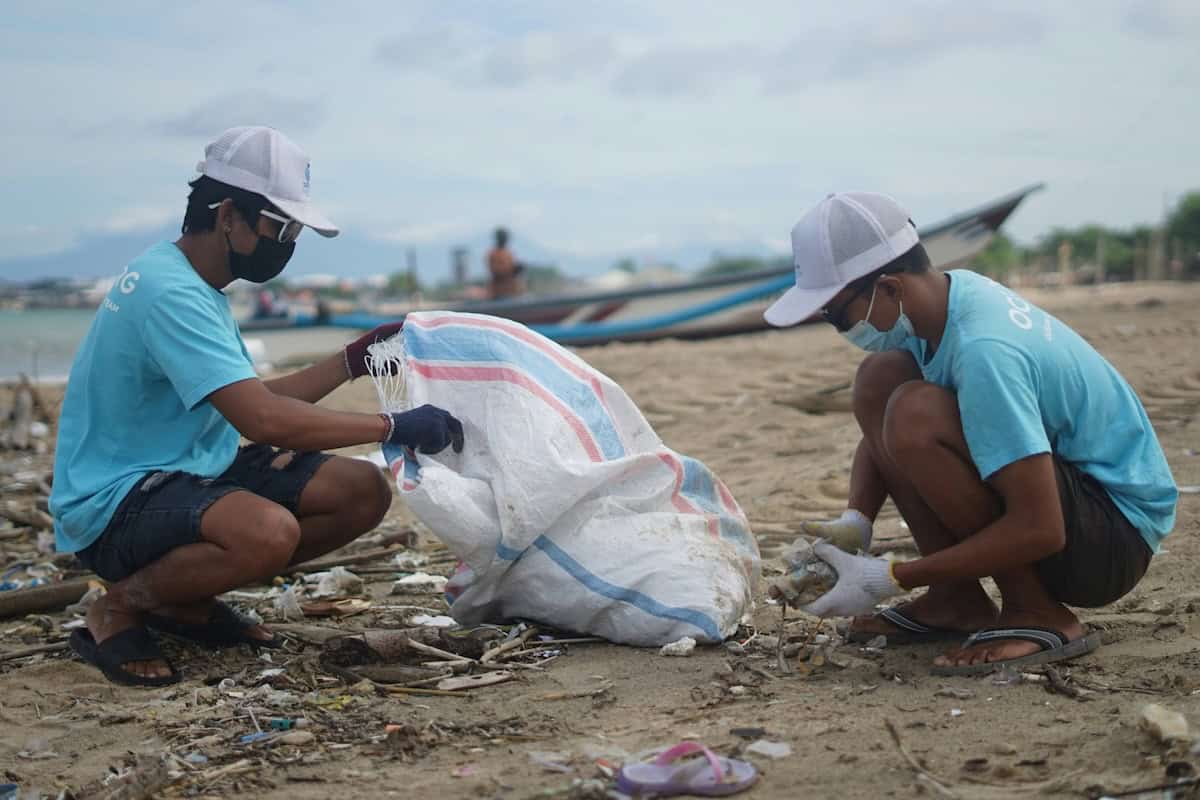
How Many Types of Ecotourism Are There?
Although we use the same term, not all ecotourism is the same. This travel style can take various forms depending on the connection with the environment and the people who inhabit it. Let’s explore some of the most common types.
Eco-Trekking, Excursions, and Guided Tours
Immerse yourself in nature through activities that help you discover it responsibly and sustainably. This is an active immersion in natural landscapes and a mindful exploration of their beauty and how best to protect them.
Knowledge is the first step toward a more complete and conscious understanding of our place in the world and its impact.
Volunteering and Environmental Education Programs
It’s not just about nature but also about communities. Another type of ecotourism is rooted in volunteering and participation in environmental education programs. A prime example is the increasingly popular initiative of cleaning up natural environments from litter and irresponsible human activity. It’s not just about correcting human errors but also providing direct support for local communities’ needs.
Eco-Lodging
“Take only photographs, leave only footprints” is one of ecotourism’s guiding principles and perfectly aligns with this last approach, which involves complete immersion in nature with the smallest possible footprint.
This is the vacation option that centers on the meeting point between spirit and mind, allowing you to fully relax while knowing that your presence in nature is sustainable and in harmony with it. These stays take place in accommodations that seamlessly integrate into the environment without harming it but instead help rediscover and appreciate it.
What’s the State of Ecotourism in Italy?
According to data from UniVerde in the 13th report “Italians, Ecotourism, and Sustainable Tourism” (here’s the report presentation), there’s growing interest in sustainable tourism, driven by the “need for cultural enrichment,” which aligns with 48% of Italians in 2023, and a “desire for knowledge and exploration of the area and tradition.”
Ecotourism is on an upward trend, and it’s likely to continue, as younger generations (under 35) are increasingly driving the sector and will be responsible for educating future generations in this direction.
Italy’s diverse landscapes offer everything from mountains to beaches, valleys, hills, and forests. Here, ecotourism can satisfy various traveler preferences while adding a connection to local gastronomy, which, according to the report, is essential for 50% of respondents.
Friland’s Take on Ecotourism
How does Friland fit into all of this?
By offering tiny, sustainable, off-grid houses as a form of slow ecotourism, connected to nature and providing complete personal well-being. It’s a way to experience the land as both a spectator and an active participant. Nature offers its best spectacle when undisturbed by human activity but appreciated with respect.
Our commitment draws directly from ecotourism principles, adopting best practices of non-interference, development, and local knowledge. Staying in one of our cabins is an experience that recharges both your spirit and your love for the natural environment, perhaps right outside your door.
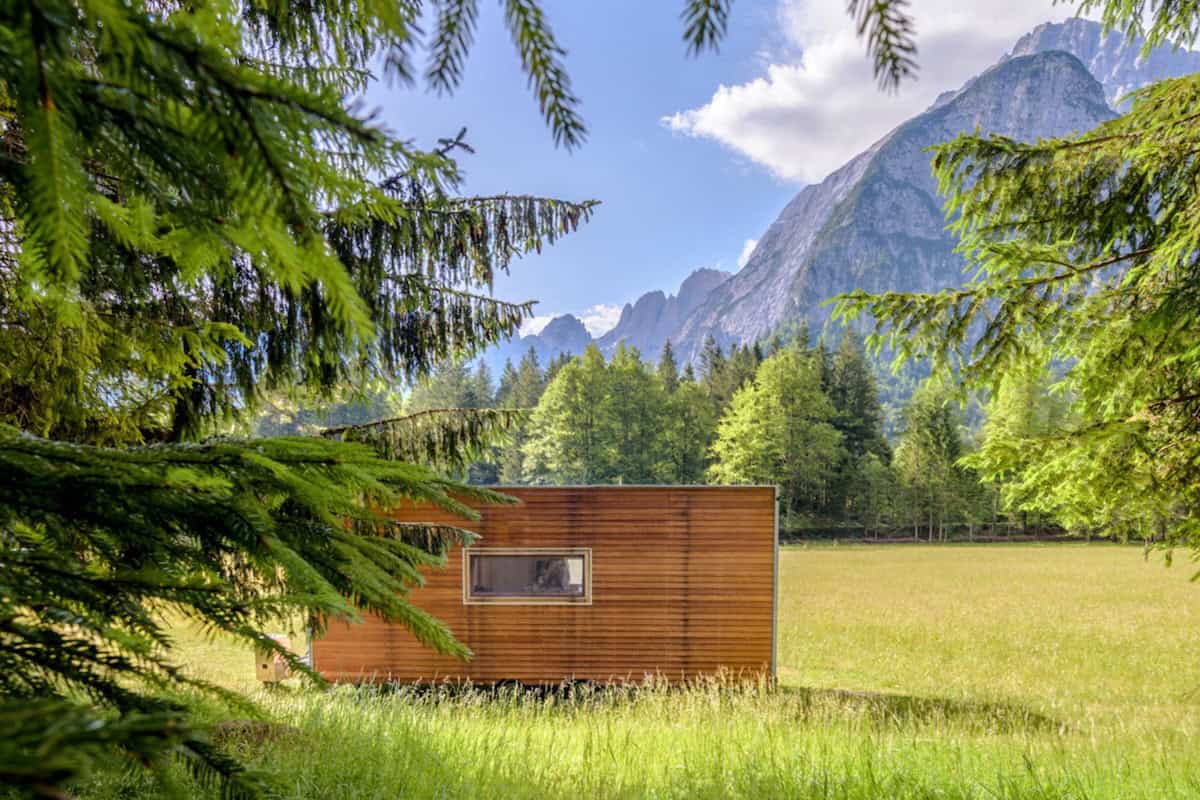
Want to Become an Ecotourist?
If curiosity and the desire to become an ecotourist have sparked, it’s time to put what you’ve learned into practice for your next vacation or quick getaway from the city.
Remember:Connect with nature but leave no trace of your passage. Accept reality as it is without expecting to change it for your comfort.Rely on those who know the area and can guide you. Opt for local shopping over big chains.Let nature recharge you while respecting it by reducing waste and choosing low-impact alternatives (green lodging, sustainable transportation, digital resources, recycling, and reusing).
Becoming an ecotourist is an investment, not in monetary terms, but in your well-being and environmental protection. Get ready to set off— a new adventure awaits you.

